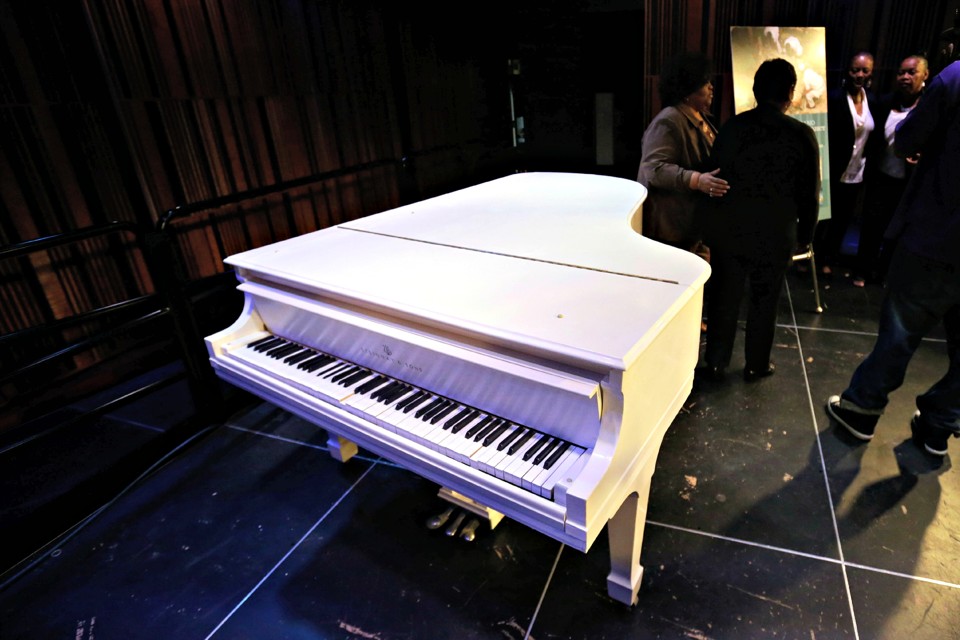
How The Ballpoint Pen Killed Cursive
Dozens of castaways collect in cups on every teacher’s desk. They’re so ubiquitous that the word “ballpoint” is rarely used; they’re just “pens.” But despite its popularity, the ballpoint pen is relatively new in the history of handwriting, and its influence on popular handwriting is complicated.


















